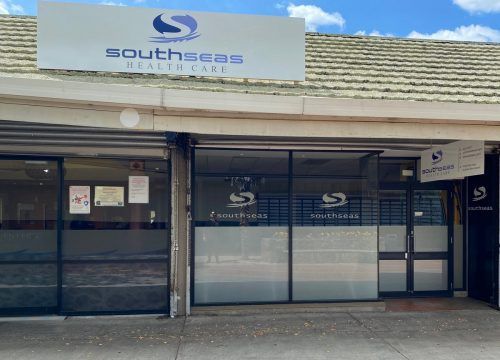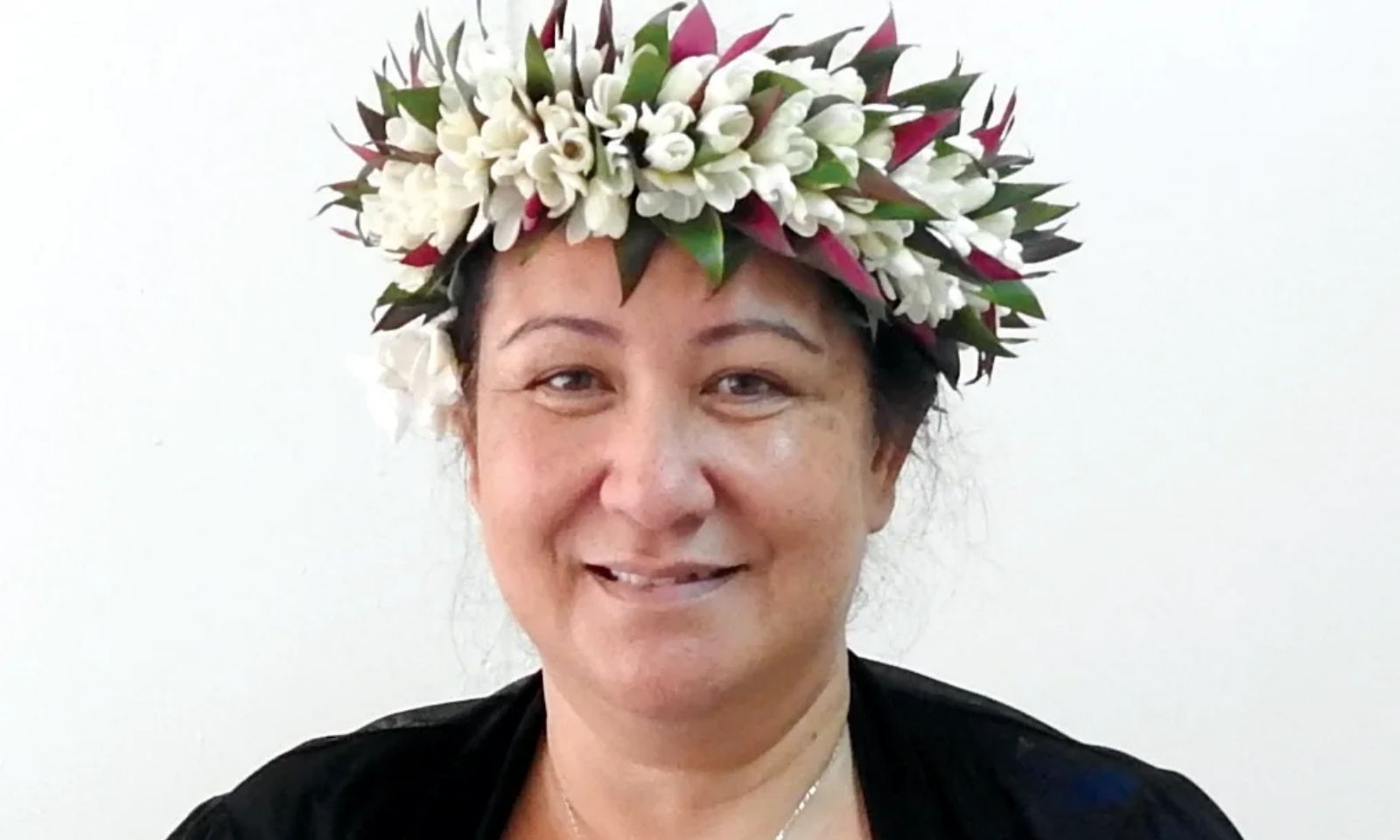

Pacific respondents were four times more likely to have unmet specialist care needs due to work.
Photo/File
‘The solution includes us’: Expert on Pacific health disparities
New data shows alarming figures for Pacific obesity rates and unmet healthcare needs. But Dr Aumea Herman says a wider understanding is needed to go beyond the statistics.



Inked across lands: How Pacific tattoo art is thriving in Germany

US funding cuts threaten to 'dry up' future of Pacific scientists - expert



Inked across lands: How Pacific tattoo art is thriving in Germany

US funding cuts threaten to 'dry up' future of Pacific scientists - expert
A recent health survey has revealed disparities for Pacific respondents, with major differences in child obesity and fast-food consumption.
However, a health expert says more context is needed, and the solutions are within our communities.
This comes as a New Zealand Health Survey showed that Pacific children were five times more likely to be classified as obese compared to non-Pacific children.
Among the 3062 children surveyed, Pasifika was three times more likely to consume fast food thrice a week.
Ministry of Health chief clinical advisor of Pacific Health, Dr Aumea Herman, said there were complex reasons behind these figures.
"We need to be careful about putting attention on the individuals and families and instead looking at the determinants that are actually placing our families in obesogenic environments.

Southseas Healthcare is a Pacific healthcare provider. Photo/Ōtara Business Association
"We talk about the availability of energy-dense, sugar-rich foods, and drinks that are quite easily available for our kids."
The survey found that Pacific adults were three times more likely to be impacted by diabetes, while Pacific children were three times less likely to be at a healthy weight.
Pacific adults were also four times more likely to fall into high-risk obesity than their non-Pacific counterparts.
Herman cautioned that the survey only captured "a small proportion of our children, which may not reflect the wider Pacific population".
She emphasised that obesity is not only a domestic issue for Pacific communities or the country.
"There's many measures to measure obesity and it's not the only measure of health," she said.
"Obesity is a global pandemic, and many countries are struggling."
Watch Dr Aumea Herman's interview on 531pi's FB below:
Collective responsibility
Pacific children were over four times more likely to be classified as obese than non-Pacific respondents and 2.2 times more likely to experience second-hand smoke at home.
Pacific adults were three times more likely to have diabetes, four times more likely to report unmet specialist care needs due to work, and more than two times more likely to delay GP visits due to financial constraints.
Herman says this availability plays a significant role, but New Zealand has many levers to improve these rates.
"I think across the country, the world, the Pacific region, there's so much work to be done and the good thing about it is that we have a Pacific workforce in this country that's growing.
"We do have some work to do, and one of them includes understanding better [which] areas we can modify to improve that."
This comes as the Helen Clark Foundation report found that successive governments have approached obesity as an individual responsibility over several decades.
Others have also raised questions about NZ using legislative measures such as a sugar tax to combat obesity.

Dr Aumea Herman. Photo /Supplied.
Heart of the community will save hearts in the community
While government policies and legislative frameworks are essential, Herman underscored communities' important role in addressing these health disparities.
"I think there's a heavy emphasis on government fixing or addressing these issues when in fact there's a lot that can come from our communities."
She said the strength and resilience within Pacific communities remained a vital methodology as the solutions for "Pacific communities are within Pacific communities".
"Drawing from that wealth of knowledge, resilience, our culture, our identity, when we come together we do amazing things.
"We must not forget the good things that are happening - For example, our tobacco smoking rates are coming down."
Herman called for a collective effort to tackle these health issues, saying, "This requires all of New Zealand, all of the Pacific to help address this".
"We need to remain inspired and we need to work together and we've done this in the past.
"We did it for Covid-19, we can do it again for what we're facing ahead."